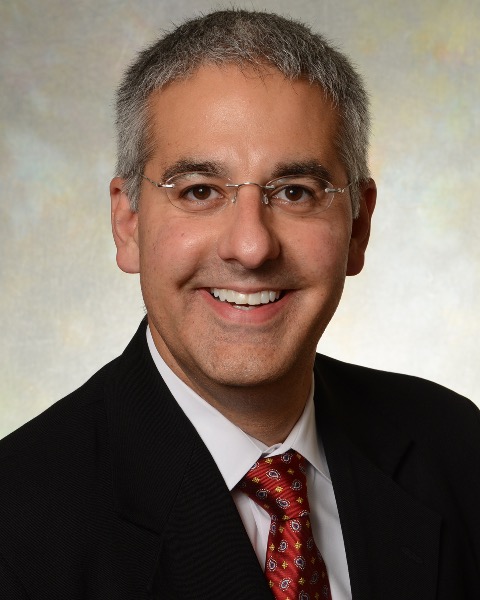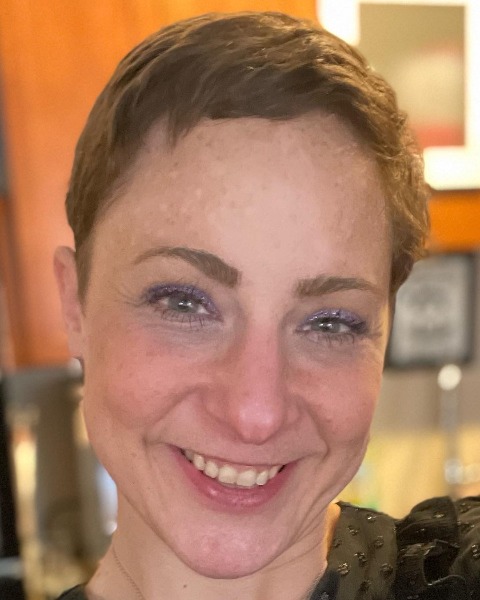Live Workshops
Psycho-Oncology/Palliative Care
To Die Or Live Trying: Physician Aid in Dying for Treatment-Refractory Mental Illness
.jpg)
Jay Nathanson, MD, MPH, FRCPSC (he/him/his)
Physician Lead, Department of CL Psychiatry
University of Toronto
Toronto, Ontario, Canada.jpg)
Philip R. Muskin, MD, MA, LFACLP, DLFAPA
Professor of Psychiatry
Columbia University Vagelos College of Physicians & Surgeons
New York, New York
James Bourgeois, OD, MD, FACLP, DFLAPA (he/him/his)
Vice Chair, Hospital Psychiatry Services & Health Sciences Clinical Professor
Department of Psychiatry and Behavioral Sciences, University of California, Davis Medical Center
Sacramento, California
Joseph J. Rasimas, PhD, MD, FAACT, FACLP, FACMT, FACPsych
C-L Psychiatry and Addiction Medicine
Health PEI
Charlottetown, Prince Edward Island, Canada
Erin Sterenson, MD, MS, FACLP (she/her/hers)
Assistant Professor of Psychiatry
University of Pittsburgh
Pittsburgh, Pennsylvania
Lead Speaker(s)
Speaker(s)
Format: (15 minutes/presentation) Dr. Sterenson will review the ethical foundations behind a patient’s “right” to PAD for suffering caused by physical illnesses and discuss the pros/cons of expanding PAS to patients whose suffering is exclusively the result of mental illness. Significant psychodynamic issues may arise when psychiatric patients request PAD of their psychiatrist. Dr. Muskin will review some of the primary psychodynamic considerations in psychiatric PAD, how psychodynamics may distort the process and how awareness of personal dynamic issues may help the clinician through the process. PAD is thought to be an intervention of last resort when all reasonable treatment options have been exhausted. Concerns exist that patients from disadvantaged, marginalized, or vulnerable communities may resort to psychiatric PAD due to adverse psychosocial factors including inability to access care. Dr. Rasimas will review these concerns. A valid, reliable, and practical protocol for assessing decisional capacity is an essential component of the PAD assessment. Dr. Bourgeois, who led the development of the PAD psychiatric assessment protocol at UCSF, will review key consideration in standardizing an assessment protocol in psychiatric PAD. Canada legalized PAD for patients with non-terminal illness in 2021 and the law will be expanded to include psychiatric PAD in March 2024. Based on the experiences of the European countries where psychiatric PAD is already practiced, Dr. Nathanson will review some of the practical concerns and considerations in developing and implementing a psychiatric PAD law, including procedural safeguards.
Background: Physician aid in dying (PAD) for patients with treatment-refractory mental illness (psychiatric PAD) is currently permitted in several European countries and is due to become legal in Canada in March 2024. The use of PAD in the context of mental disorders remains highly contentious due to numerous serious ethical, clinical, and legal challenges. This workshop will address several key issues through brief presentations followed by a Q+A session and general discussion.Learning Objectives:

